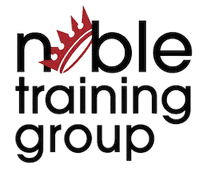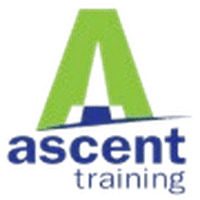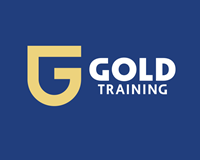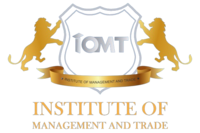
Popular courses in Thuringowa
Diploma of Leadership and Management
- There are no mandated entry requirements.






Certificate IV in Leadership and Management
- There are no mandated entry requirements.





Certificate IV in Project Management Practice
- There are no mandated entry requirements.





Diploma of Project Management
- There are no mandated entry requirements.




Certificate III in Business
- There are no mandated entry requirements.



Advanced Diploma of Leadership and Management
- At least 2 years work experience in a related field OR
- Completed Diploma (AQF Level 5) or above from the BSB Training Package



Diploma of Business (Operations)
- There are no mandated entry requirements.



Certificate IV in Business (Operations)
- There are no mandated entry requirements.


Certificate III in Cleaning Operations
- There are no mandated entry requirements.
 MCI Institute
MCI Institute
Advanced Diploma of Electrical and Instrumentation (E&I) Engineering for Oil and Gas Facilities
- There are no mandated entry requirements.
 Engineering Institute of Technology
Engineering Institute of Technology
Advanced Diploma of Electrical and Instrumentation (E&I) Engineering in Mining
- There are no mandated entry requirements.
 Engineering Institute of Technology
Engineering Institute of Technology
Advanced Diploma of Industrial Automation Engineering
- There are no mandated entry requirements.
 Engineering Institute of Technology
Engineering Institute of Technology
Advanced Diploma of Plant Engineering
- There are no mandated entry requirements.
 Engineering Institute of Technology
Engineering Institute of Technology
Certificate IV in Competitive Systems and Practices
- There are no mandated entry requirements.


Certificate III in Surface Extraction Operations
- There are no mandated entry requirements.






Certificate IV in Polymer Technology
- There are no mandated entry requirements.
 TAFE NSW
TAFE NSW
Diploma of Engineering - Technical
- There are no mandated entry requirements.
 TasTAFE
TasTAFE
Certificate IV in Engineering
- There are no mandated entry requirements.





Certificate III in Engineering - Fixed and Mobile Plant Mechanic
- There are no mandated entry requirements.



Certificate III in Engineering - Fabrication Trade
- There are no mandated entry requirements.






Frequently Asked Questions
Yes, there are course providers who offer 20 qualification(s) in Thuringowa. Find a course provider near you. Once you make an enquiry, a course advisor will get in touch to discuss your study options and course fees.
Written by Courses.com.au Team
There are several campuses within the Thuringowa area that provide manufacturing plant training. The closest campus is 20km away from the center of Thuringowa. You can also study a manufacturing plant course through online, distance or traineeship learning. Find a course provider that best suits your needs.
Written by Courses.com.au Team
Potential job roles within manufacturing plant includes production worker, plant operator or operations officer (to name a few). Browse related occupations to find a career that suits your needs.
Written by Courses.com.au Team
Further reading


Certificate III in Pathology Collection: Everything You Need to Know
10th February 2025)
